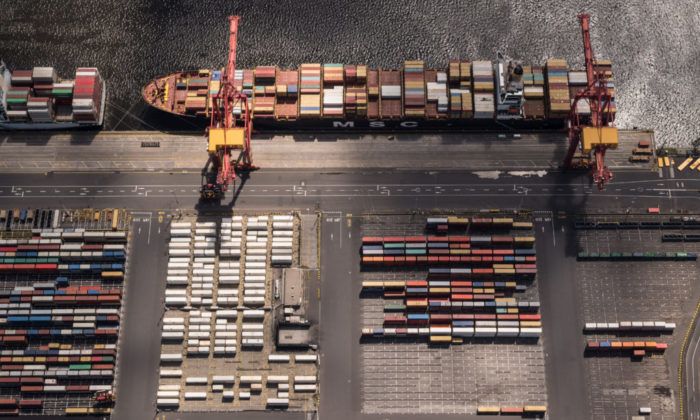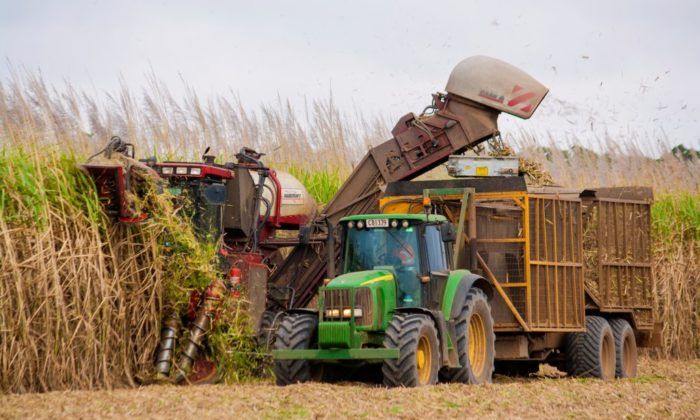Proposals to introduce new legislation or regulatory arrangements can increase the regulatory burden on businesses or consumers. Synergies is experienced at assessing the nature and size of impact that may be caused by the proposed regulations, and comparing these costs to the potential benefits – for example, the correction of a market failure.


Case study
Synergies has extensive experience in examining the costs and incentive structures within various freight supply chains in Australia. We have a depth of knowledge of the economic and commercial structure of supply chains and the way that economic regulation can, and in practice does, impact these supply chains. Most recently we were engaged by Patrick Terminals to prepare an economic analysis of the container supply chain at the Port of Melbourne, to assist Patrick ...

Case study
Synergies was engaged by Canegrowers and the Australian Cane Farmers Association (ACFA) to assess the economic benefits and costs of the Competition and Consumer (Industry Code – Sugar) Regulations 2017 (the Code). The project included a detailed assessment of the sugar industry, the conduct of its participants and the rationale for light-handed regulation of the marketing of raw sugar. The project assessed the Code’s impact on the industry since its implementation in 2017 and the ...

Case study
Electrical safety switches are now commonplace in most residential premises, but under current regulatory requirements in Queensland, only power and lighting circuits need to have safety protection devices installed. The Office of Industrial Relations (OIR) engaged Synergies, in partnership with DBM Consultants, to assess whether the current regulations should be extended to require safety switches installed on all circuits, thereby eliminating the risk of accidental electrocution in the home. To answer this question, Synergies surveyed ...

Case study
This report assessed the economic case for implementing a ‘gas contingency service obligation’ on gas retailers. At the time, the WA government was considering such a measure as a means of ensuring that retailers have the capacity to maintain supply to small-use customers in the event of a gas supply disruption caused by physical failure of a gas processing plant or the Dampier to Bunbury Natural Gas Pipeline (DBNGP).